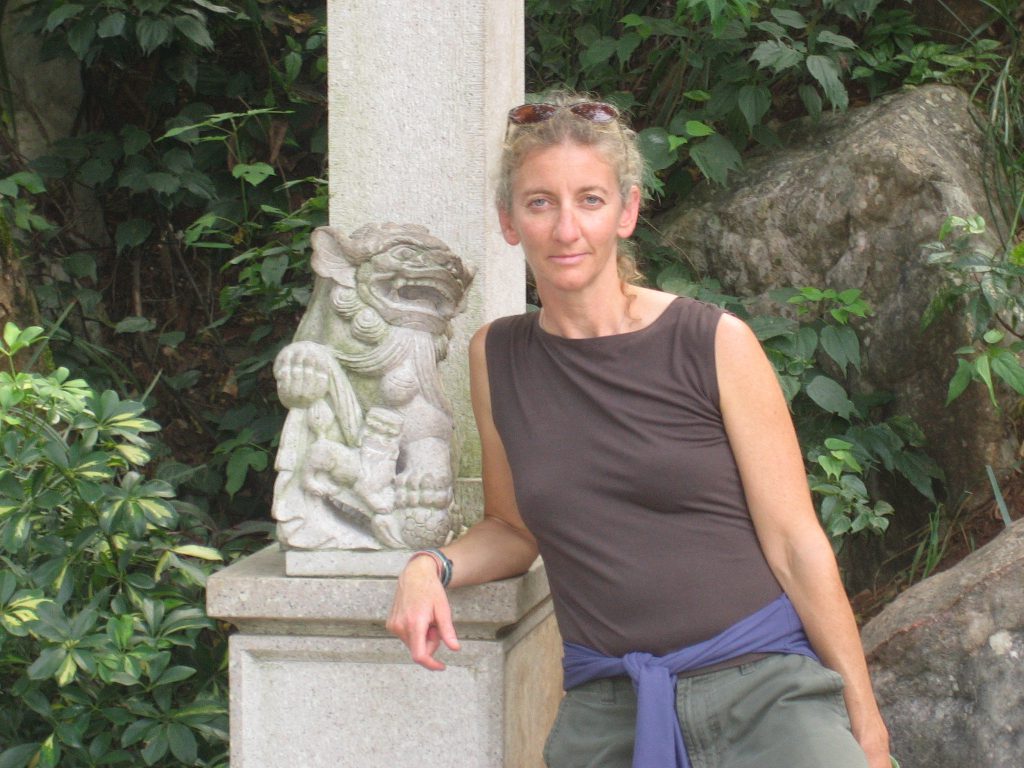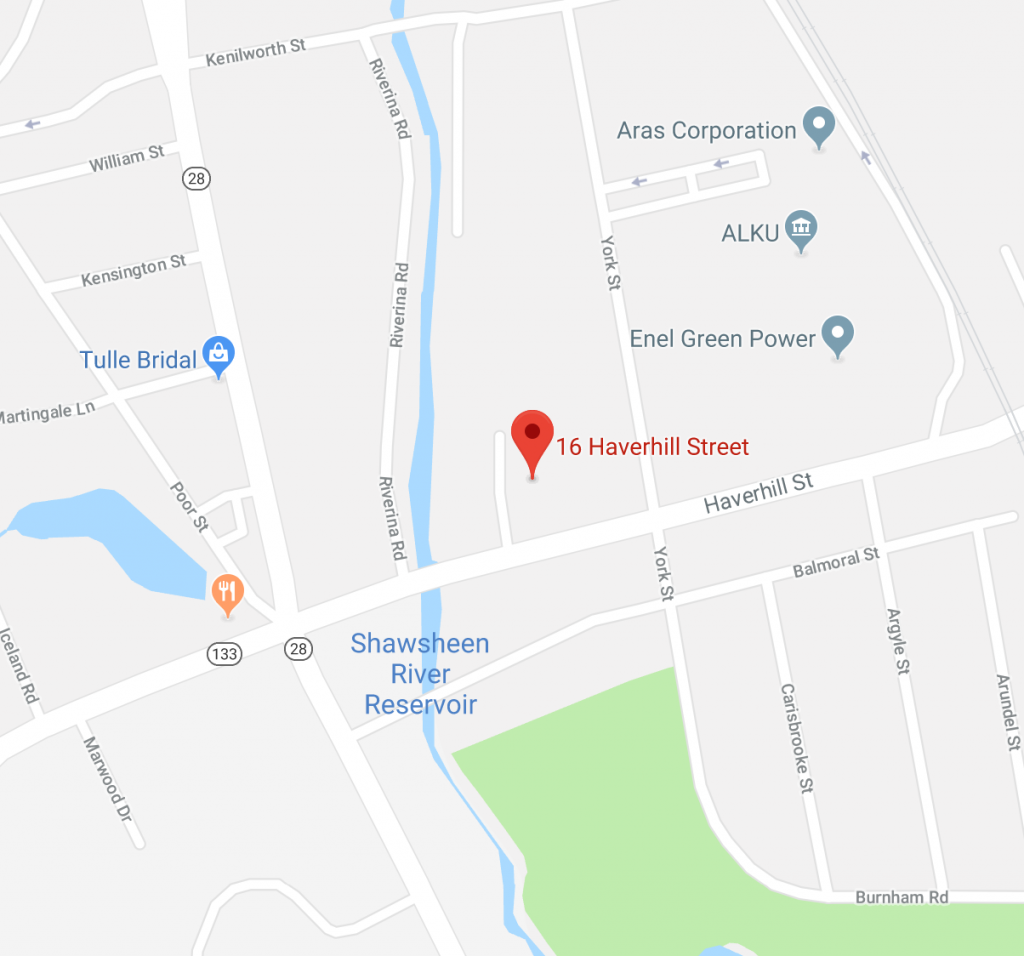Acupuncture
Acupuncture and herbal medicine form the backbone of a system of holistic health care that originated in China more than three thousand years ago. Acupuncture has been recognized by the National Institute of Health and the World Health Organization as an effective therapy for an extensive list of conditions including:
addiction anxiety
arthritis asthma
bronchitis carpal tunnel syndrome
chronic fatigue depression
digestive problems dental pain
dizziness eye problems
facial palsy fatigue
fertility issues male/female fibromyalgia
headaches incontinence
menstrual problems menopausal symptoms
morning sickness pain
rhinitis/sinusitis sleep disturbances
TMJ urinary tract infections
Acupuncture involves the insertion of whisker-thin, pre-sterilized, single-use needles into points on the meridians of the body selected based on the patient’s differential diagnosis. The intent is to harmonize and balance the energy flow throughout the system and allow the body’s natural healing ability to be engaged to the fullest possible extent.
Acupuncture does not need to be painful to work; in fact, many people experience an almost immediate relaxation response when the needles are inserted. Other modalities that may be used in conjunction with acupuncture are cupping, gua sha, moxibustion, blood letting, electro-acupuncture, and tui na.
Acupuncture is extremely safe — the major side effect is relaxation. Because the needles are sterile and single-use, there is very little danger of infection even for immune compromised patients.
Chinese Herbal Medicine
Chinese herbal medicine allows the practitioner to provide a customized prescription for the patient that may address several concerns at one time. Unlike many western medications, which work by suppressing symptoms, Chinese herbal medicines work to restore normal physiological function by addressing the underlying cause of disease.
Traditional Chinese herbal scripts are a synergistic combination of multiple herbs, they are internally balanced to reduce any kind of unwanted side effects. When used under the supervision of a trained herbalist, Chinese herbal medicine is a safe and effective option for many patients. The written record of the Chinese herbal pharmacopoeia and formulary goes back over two thousand years; penicillin dates to the 1930’s!
The Chinese herbs we use are provided in a concentrated powder form and are processed according to rigorous GMP standards. The herbs are controlled in China as medicinal substances and are subject to regulation and testing by the FDA in this country. To prescribe Chinese herbal medicine in the state of Massachusetts you must be a licensed acupuncturist with NCCAOM certification in OM or Chinese Herbology, and have a letter of authorization from the state to practice Chinese herbal medicine. To retain prescribing rights you must complete additional herbal training during each two year license renewal cycle.
Massage Therapy
Marie Dahlen Keane LMT is a 2004 graduate of the Muscular Therapy Institute in Cambridge, Massachusetts. She holds a certification in Myofascial Therapy from the Core Institute and she is certified in pre- and perinatal massage. Marie has also studied oncology massage with Tracy Walton. She is nationally certified and licensed in the state of Massachusetts. She combines treatment sessions with client self-care education designed to reduce or eliminate muscle tension and to promote health and wellbeing.
Depending on the client’s needs Marie uses different modalities in her treatment sessions: relaxation massage, deep tissue work, myofascial therapy and sports massage. She also offers hot stone massage and on-site corporate chair massage.
Through therapeutic massage, Marie is committed to making a healthy difference in the lives of the people she touches.


